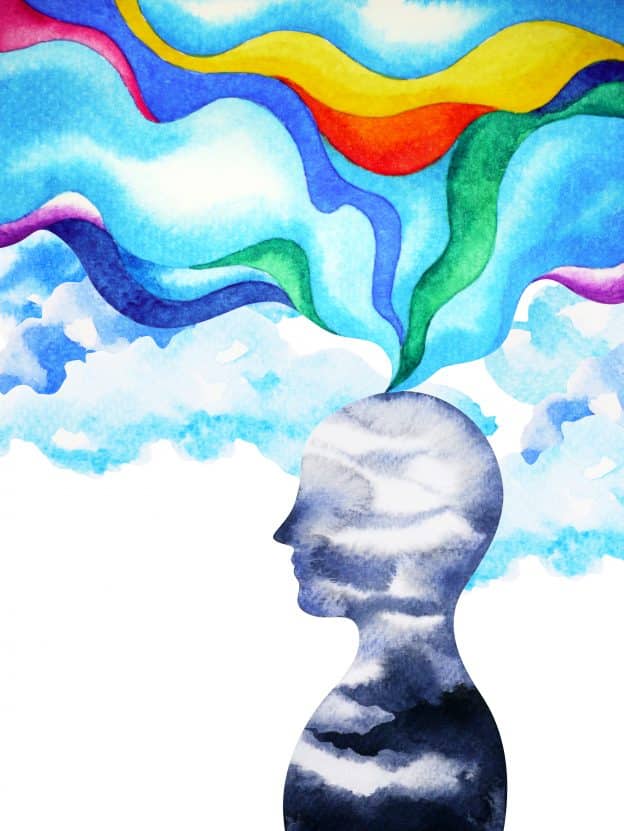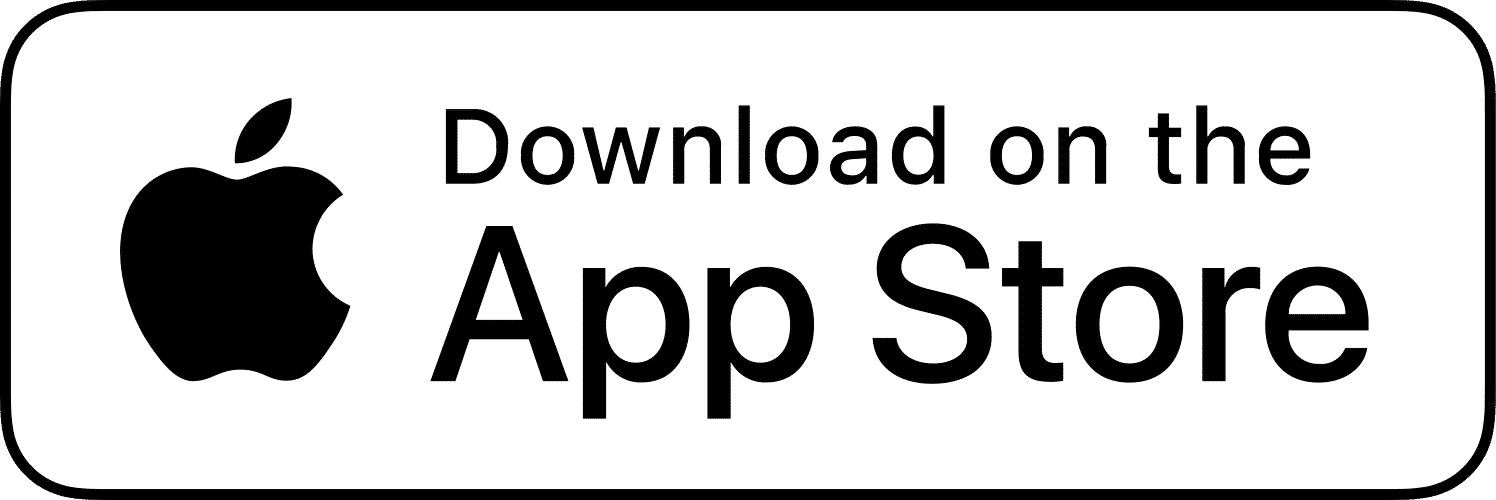Learning Objectives
This course will empower you to
- Design an oral history project and plan for its organization, accountability and ethical integrity;
- Recognize the necessary components of Formal Agreements (or Release Form) and learn about informed consent;
- Prepare an interview guide and identify and secure interviewees; and
- Conduct pre-interviews and background research.






